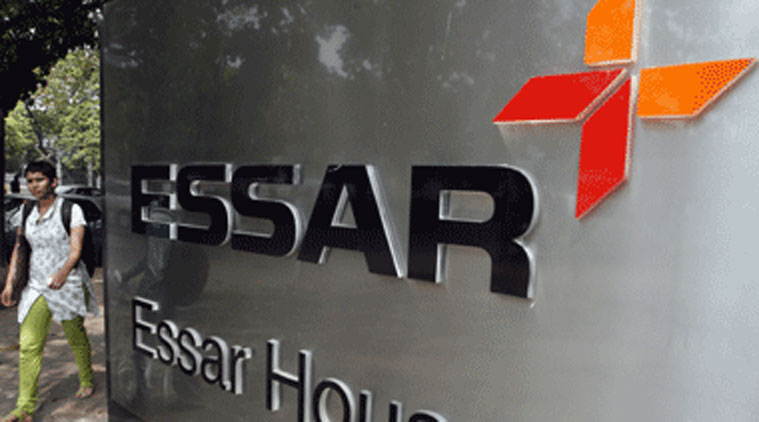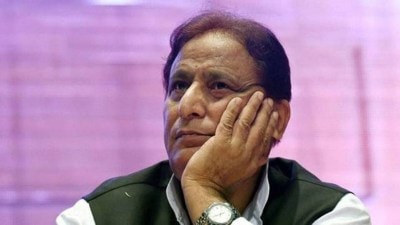Stay updated with the latest - Click here to follow us on Instagram
Essar Leaks: SC issues notices to Essar Group and Centre on PIL seeking court-monitored probe
PIL was moved after the Express reported how a “whistleblower” had decided to go public with Essar Group’s internal company communications.
 In August 2012, the company’s guest house in South Extension, New Delhi is reserved for a luncheon for 15. It is to be hosted by a journalist working with a English business TV channel.
In August 2012, the company’s guest house in South Extension, New Delhi is reserved for a luncheon for 15. It is to be hosted by a journalist working with a English business TV channel.
The Supreme Court on Monday issued notices to Essar Group and Centre on a public interest petition seeking a court-monitored probe into an alleged nexus between the company, and politicians, bureaucrats and journalists.
A bench led by Justice T S Thakur gave six weeks to Essar and the government to appear and file replies on the PIL moved by NGO Centre for Public Interest Litigation (CPIL).
Click hear to read the FULL COVERAGE
The PIL was filed a day after The Indian Express reported how the whistle-blower had decided to go public with internal communications of the Essar Group.
[related-post]
The communications were attached with the petition as instances of alleged impropriety. The body of correspondence included purported emails and memos on Essar’s meetings with government officials, and alleged favours done to ministers, bureaucrats and journalists.
As the hearing began, the bench told CPIL lawyer Prashant Bhushan it would like to know the identity of the whistle-blower, saying the identity could be disclosed in a sealed envelope.
The bench also asked Bhushan if the court could admit the PIL for hearing even though it did not make the public figures, journalists and others parties. “People are likely to be affected by our orders in your petition. There are public figures like MPs and politicians etc. Their reputation is at stake. Should you not add them as parties? Also, does it not need to shown that these people actually did something in lieu of the alleged favours or benefits they received from the company?”
 The Indian Express, Feb 27.
The Indian Express, Feb 27.
Bhushan responded that it was not necessary to disclose the identity of the whistle-blower, especially because his life was already under threat. He said that the whistle-blower was being harassed, and that some policemen too had visited him recently to investigate an alleged case of “corporate theft”.
On making those named parties, and purported quid pro quo, Bhushan said: “It has been well established by SC in its orders in the Jain hawala diary case and Nira Radia tapes case that it was not necessary to implead as parties all those named in the diary, or who figured in the tapped telephonic conversations. We are not asking for notices to individuals at this stage. We are asking for a probe.”
The lawyer argued that he did not need to show any quid pro quo in the matter since the Prevention of Corruption Act had made every act by a public servant an offence if he or she received a favour while being in a position where he or his senior officials may have any connection with a business in which the other party has an interest. Accepting Bhushan’s submissions, the bench issued notices.







